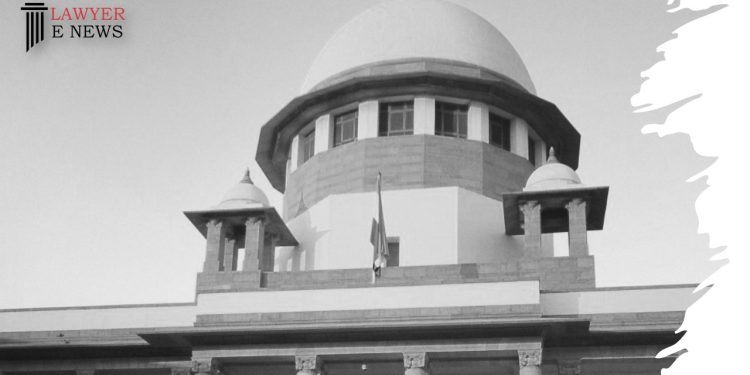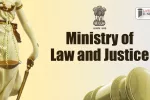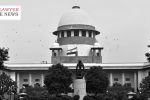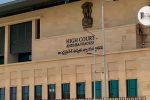Section 149 IPC Applicable Despite Separate Trials, Says Supreme Court

On 11th April 2023, Supreme Court in a recent reportable judgement (Surendra Singh Vs. State of Rajasthan and Anr.) observed that the High Court did not properly consider the fact that five accused persons were named in the FIR, even though the investigating officer initially charged only two of them. The remaining three accused were added by the trial court under Section 319 Cr.P.C. The Supreme Court noted that since all five persons faced trial (though separately), Section 149 IPC should be applicable.
Facts
An FIR was lodged after an incident on 28.11.2010, where five individuals allegedly attacked Narendra Singh, leading to the death of Bhawani Singh. The police filed charges against only two of the accused, Bhupendra Singh and Vijendra Singh. During the trial, Bhupendra Singh died, and the remaining three accused were summoned but absconded. The trial proceeded against Vijendra Singh, who was ultimately convicted for various offenses and sentenced to life imprisonment.
Vijendra Singh appealed to the High Court, which set aside his conviction for the offense under Section 302 read with Section 149 IPC. The High Court convicted him for the offense under Section 323 IPC instead, considering that the fatal blow was given by the deceased Bhupendra Singh. The original complainant, Surendra Singh, has appealed against this High Court decision.
Arguments
Appellant argued that the High Court erred in its decision not to convict with the aid of Section 149 IPC. Dave contended that the High Court did not properly consider that the FIR had specific allegations against five accused persons. Although the investigating officer initially filed charges against only two, the remaining three were later added as accused. Dave argued that since all five persons were tried (though separately) and were part of an unlawful assembly, Section 149 IPC should be applicable.
Respondent contended that there was no case for convicting the accused under Section 149 IPC. He stated that merely being present during the commission of the offense and having participated in it does not warrant conviction unless it is proven that the other accused knew that someone was likely to commit murder.
Respondent presented the following arguments against the conviction under Section 323 IPC:
There was a delay of 3 ½ days in lodging the FIR.
The injury to the neck had not been established and proved.
There were material contradictions on the injuries caused by the accused persons.
Respondent referred to the deposition of the doctor (PW7) and the injury report to support his arguments. Based on these submissions, he requested the acquittal of the accused even for the offense under Section 323 IPC.
Observed and Held
Supreme Court observed that the High Court did not properly consider the fact that five accused persons were named in the FIR, even though the investigating officer initially charged only two of them. The remaining three accused were added by the trial court under Section 319 Cr.P.C. The Supreme Court noted that since all five persons faced trial (though separately), Section 149 IPC should be applicable.
The Supreme Court further noted that the respondent-accused, being a member of an unlawful assembly and having participated in the commission of the offense, can be convicted under Section 302 IPC with the aid of Section 149 IPC, despite the fatal blow being delivered by another accused.
The Supreme Court observed and held that the submissions on behalf of the accused regarding delay in lodging the FIR and contradictions in injuries were not sufficient to give them the benefit of doubt. The delay in filing the FIR was sufficiently and properly explained by the complainant.
The court found that the respondent-accused, being part of an unlawful assembly and participating in the commission of the offense, was liable to be convicted for the offense under Section 302 IPC with the aid of Section 149 IPC, even for the act of another accused who delivered the vital blow.
The Supreme Court concluded that the High Court’s judgment and order acquitting the accused was unsustainable and deserved to be quashed and set aside. The appeal succeeded, and the trial court’s judgment convicting the respondent-accused for the offenses under Sections 427, 323, and 302/149 IPC was restored. Appeal Allowed.
Surendra Singh Vs. State of Rajasthan and Anr.






